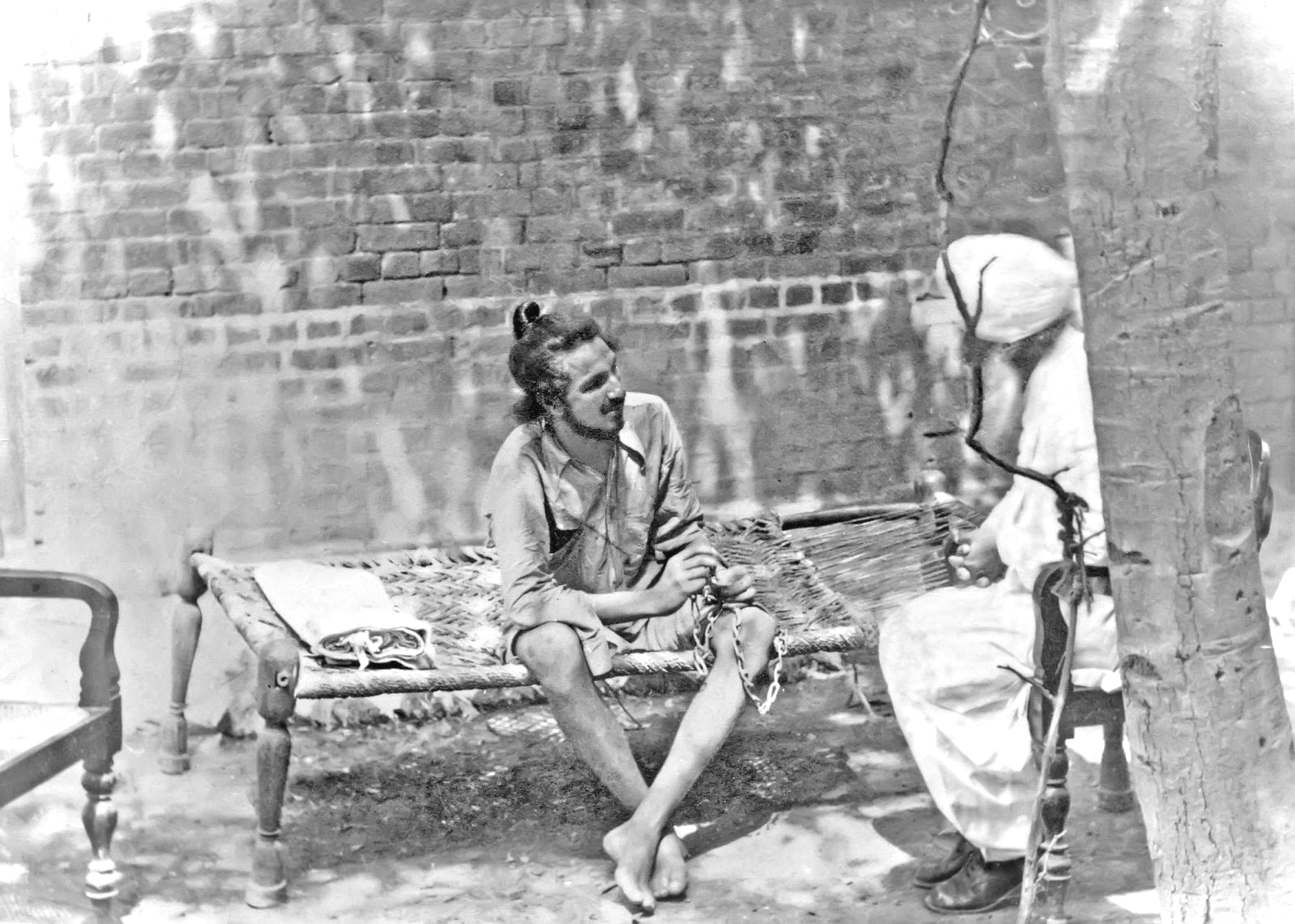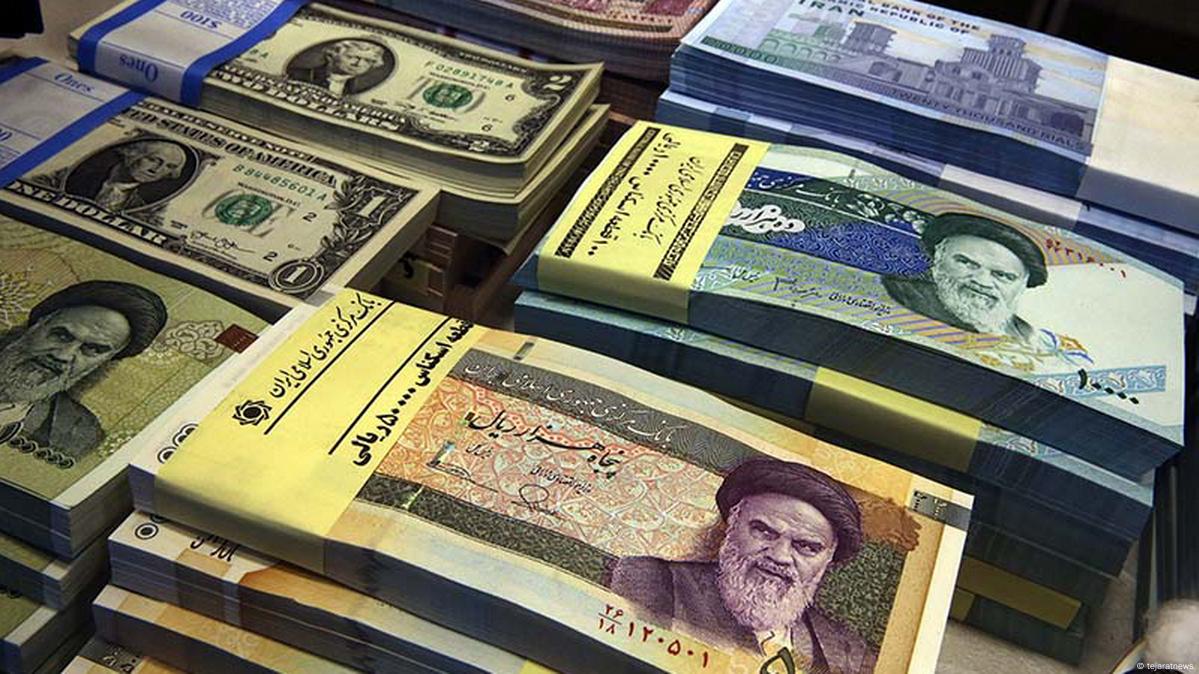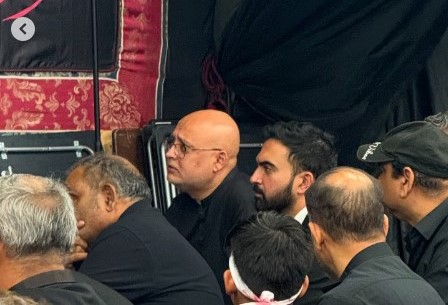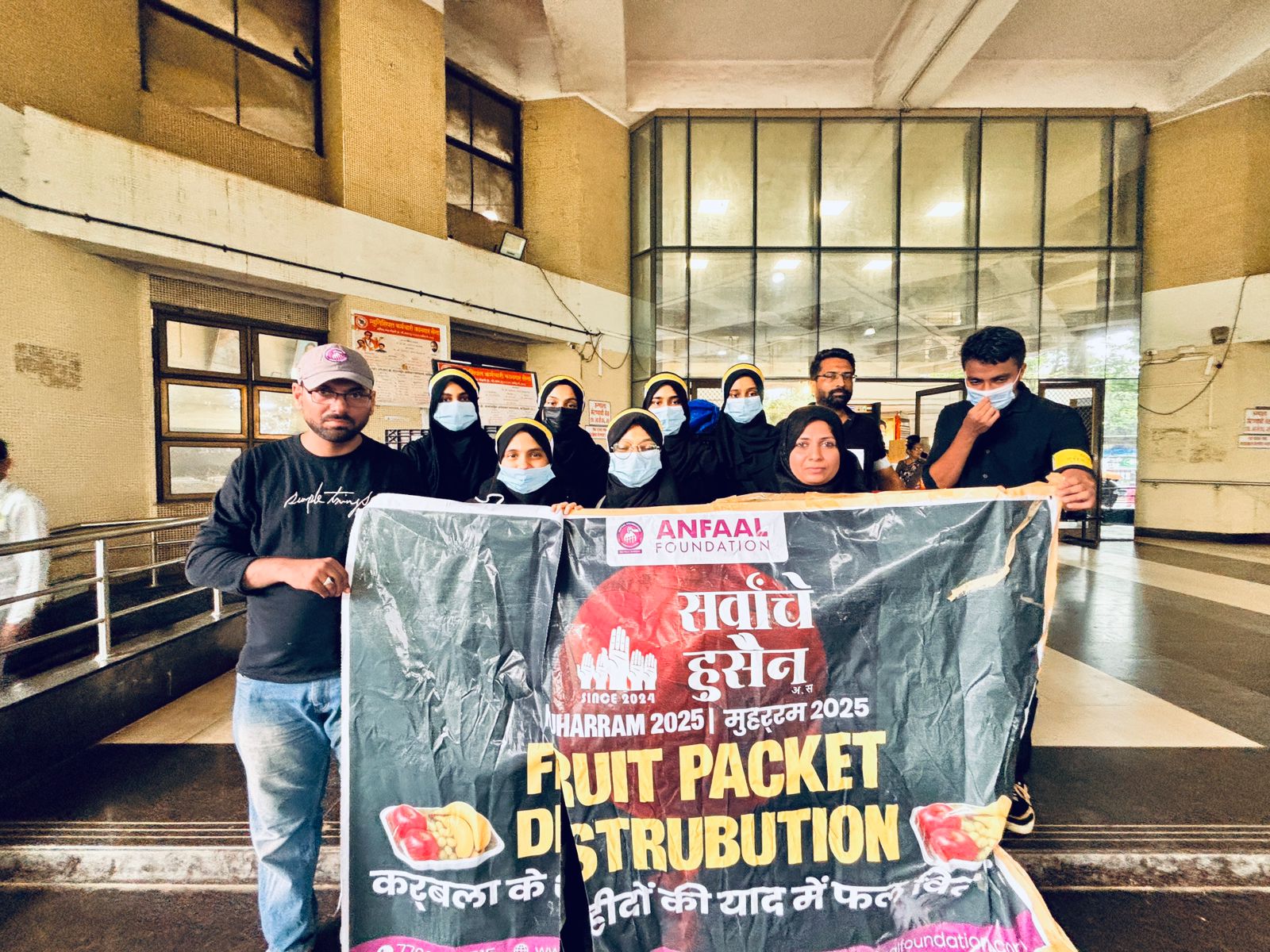- Mumbai
Justice Agha Haider: The Dissenting Voice in Bhagat Singh’s Trial
On March 23, 1931, Bhagat Singh (23) was hanged along with Sukhdev Thapar and Shivaram Rajgurua in the Lahore Conspiracy Case for their role in the assassination of British police officer John Saunders. But people know little about Justice Agha Haider, who hailed from Saharanpur. Agha Haider who refused to endorse the death warrant of the three Indian revolutionaries. Others like Justice Shadi Lal and Sobha Singh, whose roles highlight the complex interplay of resistance, compliance, and collaboration in colonial India. In 1929, Bhagat Singh and his comrades were charged in the Lahore Conspiracy Case. The trial, conducted under a repressive ordinance, was marked by secrecy, denial of defence counsel, and procedural irregularities. A special tribunal comprising three judges—Justice Coldstream, Justice Jan Mohammed Abdul Qadir, and Justice Agha Haider—was convened. While Coldstream and Qadir were aligned with British interests, Haider emerged as an unexpected dissenter. Agha Haider, a puisne judge at the Lahore High Court, was the sole Indian member of the tribunal. Historical records suggest he opposed the death sentence. Some accounts indicate he questioned the fairness of the trial, while others argue he rejected the severity of the punishment. Regardless, his refusal to sign the death warrant highlighted ethical resistance within a system designed to suppress dissent. British authorities swiftly removed him from the tribunal, replacing him with Justice G.C. Hilton, a British judge known for his loyalty to the colonial regime. Unlike Haider, Hilton had no qualms about endorsing the death penalty. On March 23, the majority verdict—supported by Hilton, Coldstream, and Qadir—sealed the fate of Bhagat Singh, Sukhdev, and Rajguru. Notably, Justice Abdul Qadir, the other Indian judge on the tribunal, was later promoted to Chief Justice of the Lahore High Court in 1942, signalling the Empire’s favour toward compliant officials. Another pivotal judicial figure in this saga was Justice Sir Shadi Lal, then Chief Justice of the Lahore High Court. Though not part of the special tribunal, Shadi Lal played a critical role in legitimising British repression. Earlier, in 1929, he had presided over the appeal in the Assembly Bombing Case (where Bhagat Singh and Batukeshwar Dutt were charged) and upheld their punishment. Known for his pro-British stance, Shadi Lal’s judicial decisions often aligned with colonial interests. His reputation among Indian nationalists was deeply controversial; many viewed him as a collaborator who prioritised imperial loyalty over justice. His career flourished under the Raj—he was knighted in 1925 and later appointed as a member of the Privy Council in London—underscoring the rewards of compliance. Beyond the judiciary, collaboration with the British extended to local elites like Sobha Singh, a wealthy contractor and influential figure in Lahore. Sobha Singh, father of the celebrated writer Khushwant Singh, was notorious for his role in Bhagat Singh’s execution. He was the contractor who built the gallows used to hang Bhagat Singh, Sukhdev, and Rajguru. Additionally, Sobha Singh acted as a prosecution witness in the Saunders murder trial, further cementing his reputation as a British loyalist. His proximity to colonial power brought him wealth and status—he was later knighted in 1946—but also infamy among Indians. Decades later, Khushwant Singh would reflect on his father’s role with a mix of regret and candor, calling it a "dark chapter" in their family history. Haider's act was remarkable in an era where colonial judges often prioritised imperial loyalty over justice. His dissent resonated with growing public outrage over the trial’s blatant injustices, fuelling anti-British sentiment. Haider’s career faded into obscurity, while Qadir and Shadi Lal ascended the judicial ladder. Today, Justice Agha Haider's story is a footnote in history, overshadowed by Bhagat Singh’s legend. Scholars like Kuldip Nayar have referenced his dissent as a rare instance of judicial integrity amid political tyranny.








